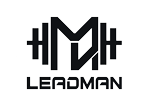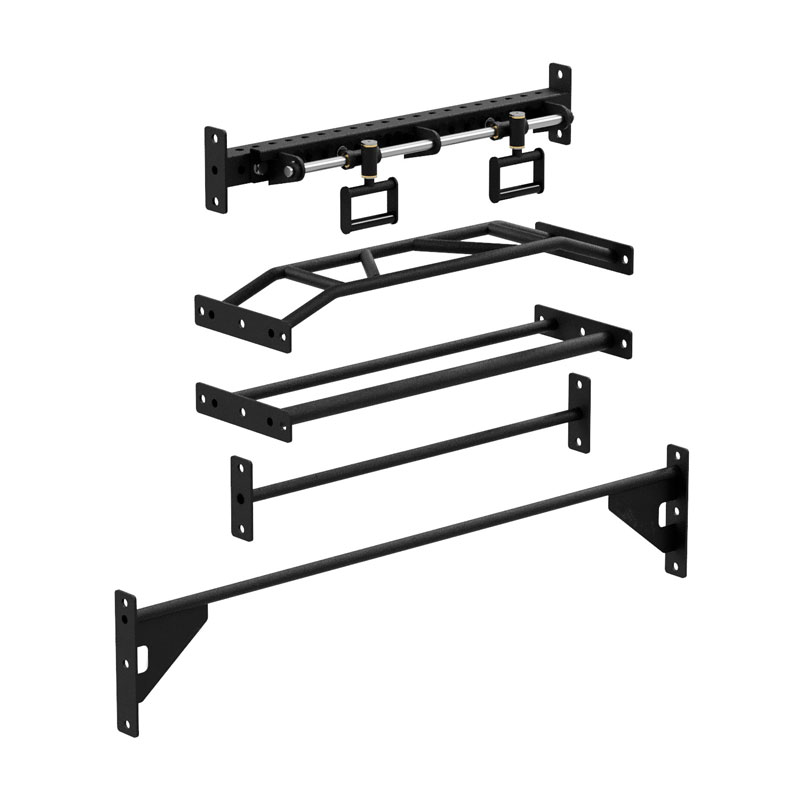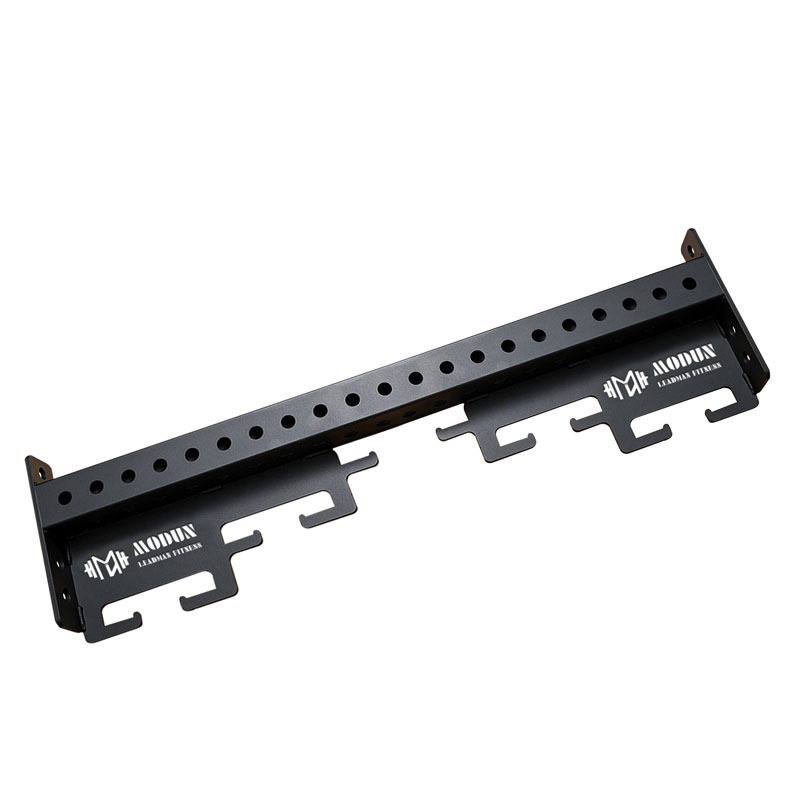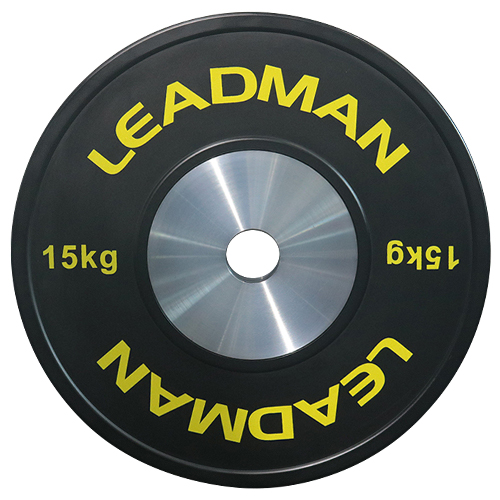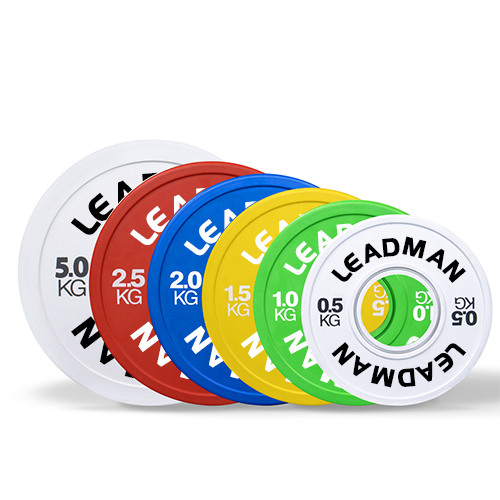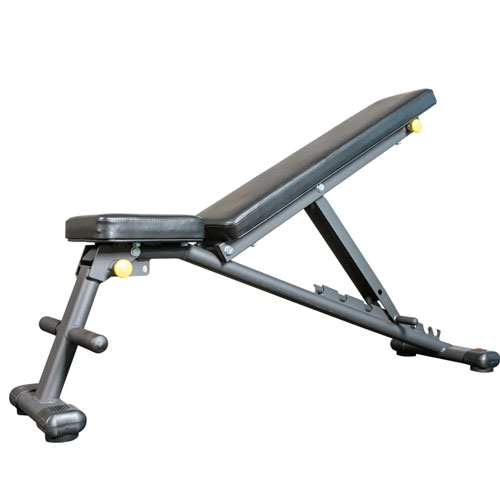What Bumper Plates Should I Buy?
As someone who loves strength training, building my own home gym has been incredibly rewarding. However, it can be daunting to figure out what equipment to buy, especially when it comes to something as foundational as bumper plates. As both an avid lifter and fitness blogger, I've spent a lot of time researching and testing different bumper plates to find the best options for home use. In this post, I'll share my top tips for choosing high-quality bumper plates that are durable, long-lasting, and worth your investment.
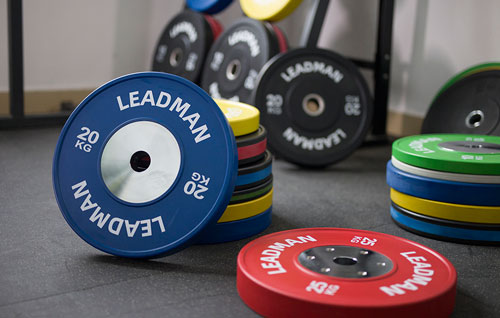
Bumper Plates vs Standard Weights
First, let's quickly go over the key differences between bumper plates and standard iron plates. Bumper plates are made from dense rubber or urethane, while standard plates use cast iron. The key benefit of bumper plates is that they can be safely dropped from overhead without damaging the plate or your floor. This makes them ideal for Olympic lifts like cleans, snatches, and overhead squats where you need to be able to dump the weight. The rubber material also provides a bounce when dropped instead of a loud clang of iron hitting the floor.
For most traditional strength training though, standard iron plates are sufficient and more affordable. I recommend a combination of both bumper and iron plates for a well-rounded home gym. Use bumpers for Olympic lifts and iron for everything else.
Key Factors to Consider
When choosing your bumper plates, here are the key factors I recommend considering:
- Weight accuracy - Many cheap bumpers are not true to their advertised weight, which is frustrating. Look for a tight weight tolerance (+-2% or less).
- Durability - Quality bumpers will keep their shape and bounce after years of abuse. The best are solid virgin rubber, not recycled.
- Size of largest plates - Get at least 25lb plates or larger 45s for heavy Olympic lifts. Small 10-15lb plates alone limit how much you can lift.
- Coating & hub - Quality bumpers have a grippy coated steel hub to securely lock onto bars, even with metal collars.
- Price per pound - Cheaper bumpers charge more per pound. Expect to pay $1-2 per pound for good quality.
My Personal Recommendations
Based on extensive personal use, these are my top bumper plate picks in terms of overall value and quality:
- Best value under $2/lb - Rep Fitness Rubber Grip Plates
- Top premium pick - Rogue Echo Bumper Plates
- Budget pick - Titan Fitness Economy Bumper Plates
- Stylish pick - Eleiko Öppen Deadlift Plates
I hope these tips help you choose the right bumper plates to start your home gym! Let me know in the comments if you have any other questions.
